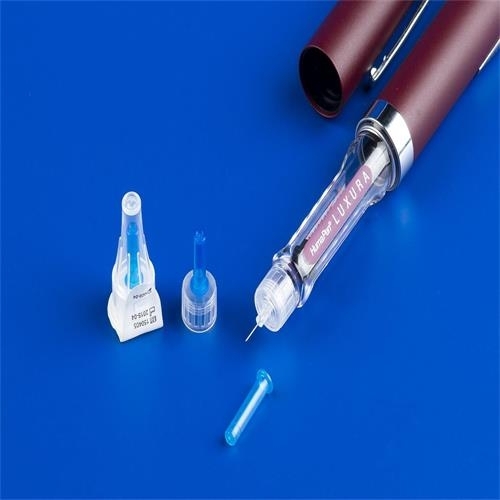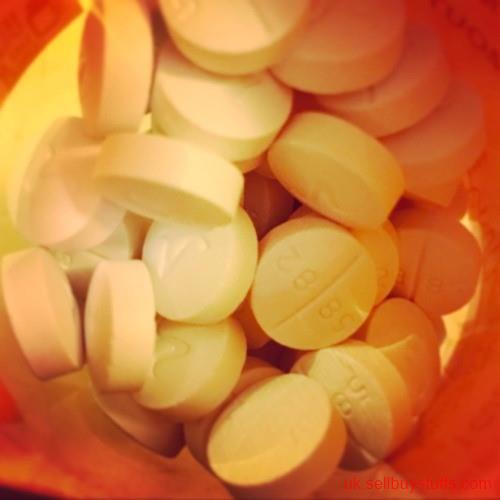Let’s talk insulin.
Mention the “I word” with a low carb dieter, or possibly a clean eater, and you’ll virtually discover them turn white because the blood drains from other face in abject horror.
For many years, insulin will be the big bad guy from the nutrition world.
They refer to insulin as “the storage hormone” and feel that any amount of insulin in the body will immediately lead you to lay out new fat cells, gain pounds, and lose any a higher level leanness and definition.
Fortunately, that’s not quite true.
The truth is, while simplifying things when it comes to nutrition and training is frequently beneficial, this can be a gross over-simplification from the role of insulin inside you, and the facts are entirely different.
Not even close to is the dietary devil, insulin is actually nothing to be afraid of in any way.
What Insulin Does
The first part with the insulin worrier’s claim (that insulin is often a storage hormone) holds true Body of insulin’s main roles would be to shuttle carbohydrate which you eat throughout the body, and deposit it where it’s needed.
For many people that all the carbs consume become fat though.
You store glycogen (carbohydrate) within your liver, your muscles cells along with your fat cells, and this will only get shoved into those pesky adipose sites (fat tissue) when the muscles and liver are full.
Additionally, unless you have a calorie surplus, you just cannot store extra fat.
Consider it in this way –
Insulin is a lot like the employees within a warehouse.
Calories include the boxes and crates.
You may fill that warehouse fit to burst with workers (insulin) in case there aren’t any boxes (calories) to stack, those shelves won’t get filled.
So if you’re burning 3,000 calories every day, and eating 2,500 calories (and even 2,999) your system can’t store fat. Regardless if dozens of calories result from carbs or sugar, you shall not store them, because your demands them for fuel.
Granted, this couldn’t survive our planet’s healthiest diet, but because far as science is involved, it comes to calories in versus calories out, NOT insulin.
It’s not only Carbs
People fret over carbs obtaining the biggest impact on insulin levels, and how carbohydrate (particularly of the simple/ high-sugar/ high-GI variety) spikes insulin levels, but plenty of other foods raise insulin too.
Whey protein, for example, is highly insulogenic, which enable it to result in a spike, especially when consumed post workout.

Dairy foods too will have a relatively large effect because of the natural sugars they contain, and even fats can raise levels of insulin.
Additionally, the insulin effect is drastically lowered by consuming a mixed meal – i.e. one which contains carbs plus protein and/ or fat.
This slows the digestion along with the absorption from the carbs, resulting in a much lower insulin response. Add fibre in to the mix too, as well as the raise in insulin is minimal, so regardless of whether we had been focused on it before, the solution is not hard – eat balanced, nutrient-dense meals, and you also need not worry.
Insulin Builds Muscle
Returning to the concept of insulin as being a storage hormone, as well as the notion who’s delivers “stuff” to cells:
Fancy choosing a guess at what else it delivers, beside carbohydrate?
It delivers nutrients in your muscle cells.
Therefore, if you are forever trying to keep levels of insulin low for anxiety about excess weight, it’s highly unlikely you’ll get ripped optimally. It’s for that reason that I’d never put clients trying to get buff to make lean gains over a low-carb diet.
No Insulin Can Still Equal Lipid balance
Contrary to dozens of low-carb diet practitioners again, you are able to store fat when levels of insulin are low.
Daily fat when consumed inside a caloric surplus is actually converted to body fat tissue a lot more readily than carbohydrates are, showing once again, extra weight or fat reduction comes down to calories in versus calories out, not levels of insulin.
Why low-Carb (and Low-Insulin) Diets “Work”
Many folk will point on the scientific and anecdotal evidence of low-carb diets doing its job reasoning for keeping levels of insulin low.
I can’t argue – a low-carb diet, where insulin release is kept to a minimum are able to work, however this has little or no to do with the hormone itself.
If you cut carbs, you typically cut calories, putting you into a deficit.
Additionally, the average person will eat more protein plus more vegetables when going low-carb, so they feel far fuller and eat less. Plus, protein and fibre have a higher thermic effect, meaning they actually use up more calories in the digestion process.
Bottom Line: Insulin – Not Bad In fact
You should not concern yourself with insulin in case you –
Train hard and frequently
Eat a balanced macronutrient split (i.e. ample protein and fat, and carbs to fit activity levels and personal preference.)
Are relatively lean.
Eat mostly nutrient-dense foods.
Haven’t any difficulties with diabetes.
You’ll probably still store fat with low insulin levels, and you may get rid of fat and build muscle when insulin is found.
Looking at insulin in isolation as either “good” or “bad” is a real prime example of missing the forest to the tress, so relax, and let insulin do its thing as you focus on the overall dish.
To read more about Buy Ozempic Online have a look at this web portal.






